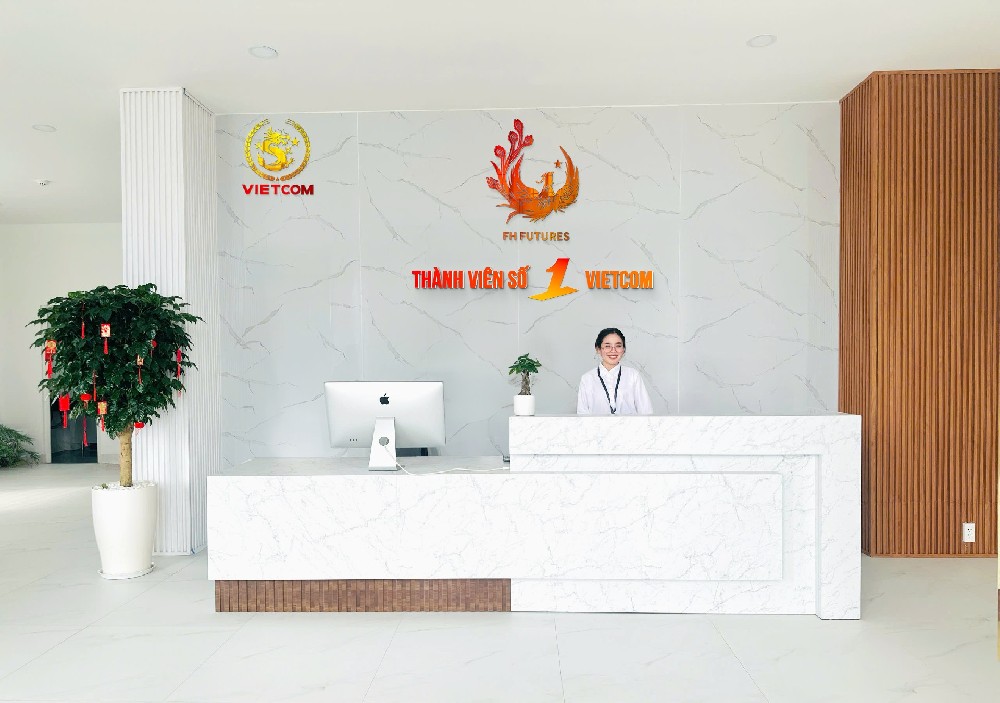LÝ DO LỰA CHỌN
FH FUTURES
FH FUTURES là thành viên số 1 của Sở Giao dịch Hàng hóa Việt Nam Toàn cầu (VIETCOM), với vốn điều lệ 150 tỷ đồng. Không chỉ đóng vai trò là một tổ chức tài chính quan trọng phục vụ khách hàng trong giao dịch hàng hóa phá...

0702 522 096
267 Đường Phạm Văn Đồng, Phường 1, Quận Gò Vấp, Thành phố Hồ Chí Minh
Liên hệ với chúng tôi!
LÝ DO LỰA CHỌN
FH FUTURES
FH FUTURES là thành viên số 1 của Sở Giao dịch Hàng hóa Việt Nam Toàn cầu (VIETCOM), với vốn điều lệ 150 tỷ đồng. Không chỉ đóng vai trò là một tổ chức tài chính quan trọng phục vụ khách hàng trong giao dịch hàng hóa phá...

0702 522 096
267 Đường Phạm Văn Đồng, Phường 1, Quận Gò Vấp, Thành phố Hồ Chí Minh
Liên hệ với chúng tôi!















